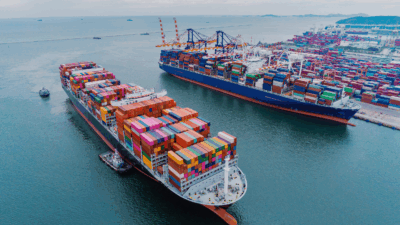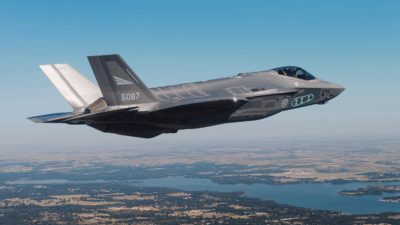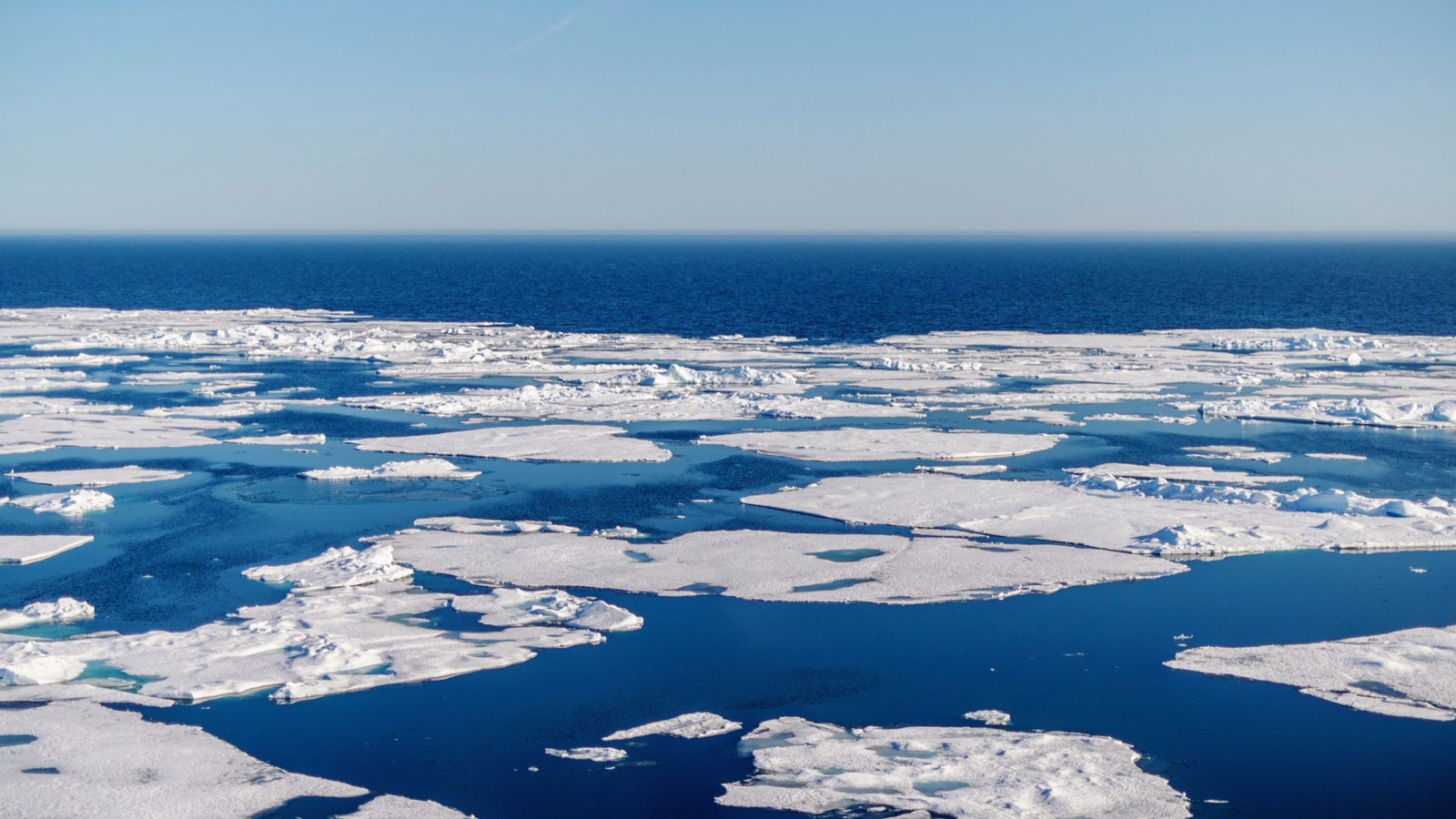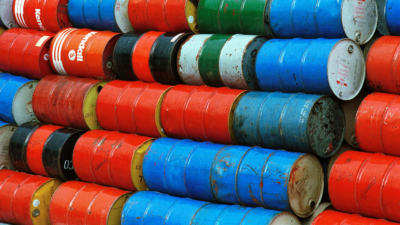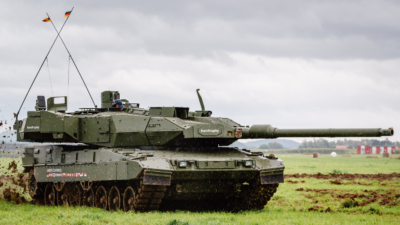Superyacht Sales Fall Due to Lack of Russian Oligarch Customers
Bottlenecked supply problems and a dearth of buyers resulted in 2023 sales falling 35% since 2021.
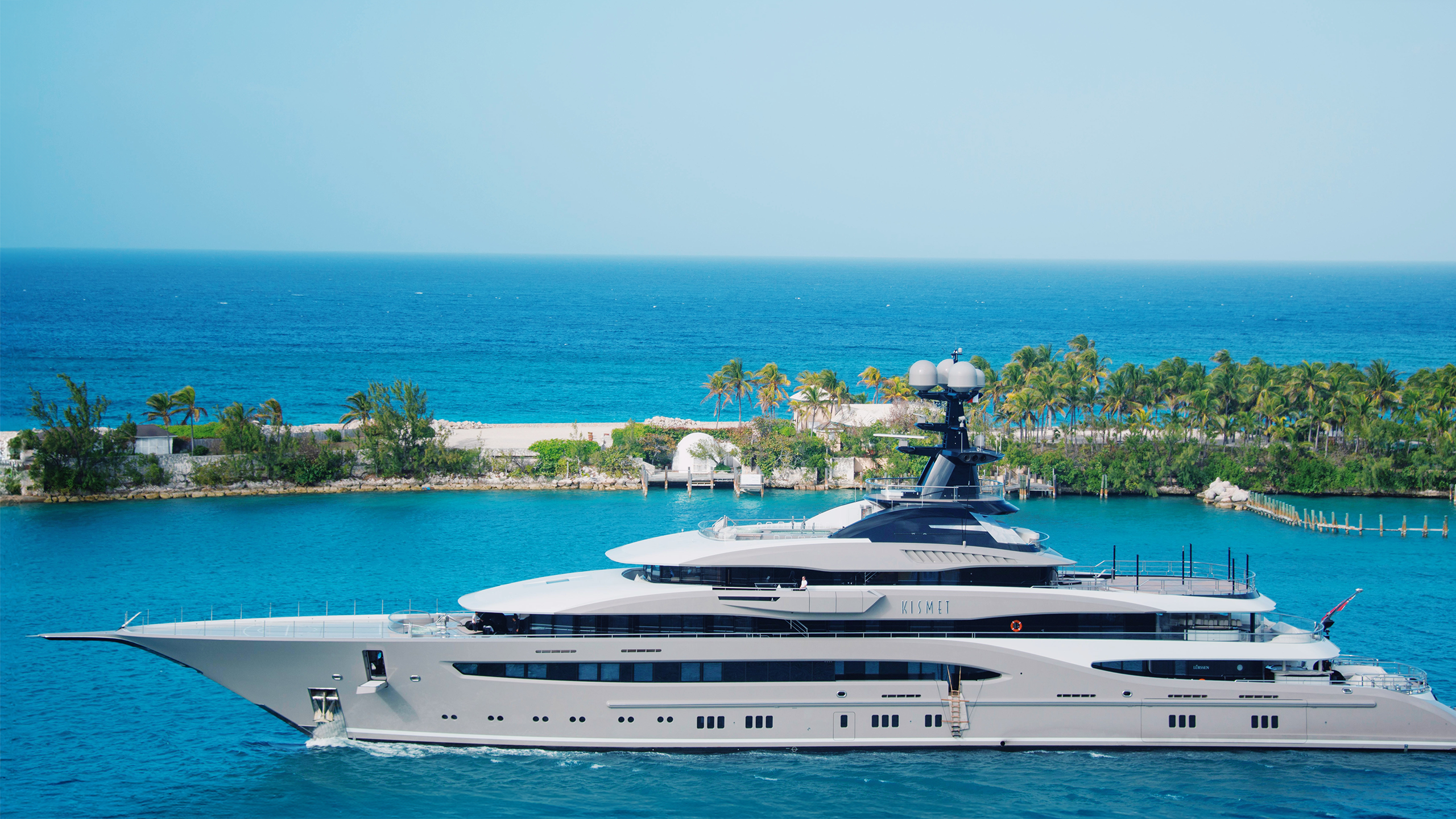
Sign up for smart news, insights, and analysis on the biggest financial stories of the day.
Think of the yachting industry as Rose in “Titanic” and Russian oligarchs as Jack — a tragic romance cut short.
Pulling together stats from the SuperYacht Times’ State of Yachting report (what, you don’t subscribe?), CNBC reported Wednesday that a combination of bottlenecked supply problems and a dearth of Russian oligarch buyers resulted in 2023 sales of superyachts falling 35% since 2021.
My Yacht Will Go On
Western sanctions against Russia over its invasion of Ukraine meant billions of dollars worth of oligarch assets were frozen, including their beloved superyachts. While states generally can’t seize ownership of superyachts, they can effectively impound them — although this comes with a price tag. Just one seized yacht docked in San Diego has cost the US government $20 million in upkeep so far, CNN reported.
The sanctions have led to a crunch for the yacht-making industry, as the report said that a backlog stemming from pandemic supply-chain delays is just starting to unlock, and completions of new superyachts rose 31% last year. For the makers of the very biggest superyachts (those over 200 feet), it’s particularly galling because Russians are among their best customers, according to the report:
- Russian yacht owners buy yachts that average 200 feet long, just behind Saudi Arabian owners, who weigh in at an average of 202 feet. American buyers are practically humble by comparison, buying boats only 177 feet long.
- While completions for yachts are rising, there’s still a backlog when it comes to getting boats to new owners, with waiting lists of up to four years that raise the costs of labor and materials.
Russia Can’t Get its Nickel Back: While the yachting industry may be missing its usual ruble injection, that doesn’t mean Russian spending is down overall. The International Monetary Fund predicts Russia’s economy will grow faster than every other advanced economy this year, so patching up holes in sanctions against the Kremlin is an ongoing process. The US and UK added a new sanction on Monday, banning future trade of Russian nickel and copper. A considerable amount of Russian metals is already sitting in warehouses, and, according to Bloomberg, metals traders are already figuring out ways to game the system. Sanctions: the most elite game of whack-a-mole there is.





